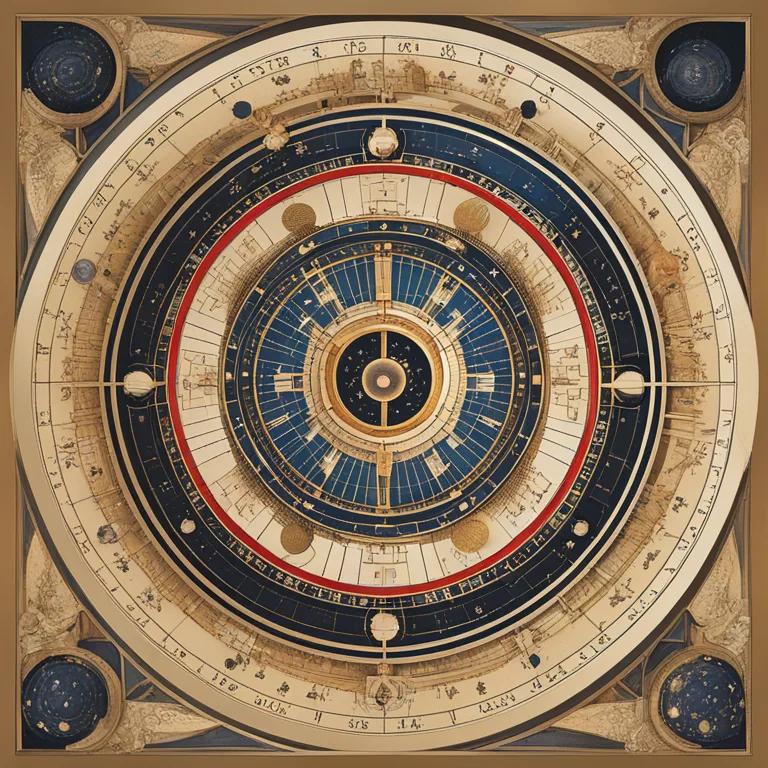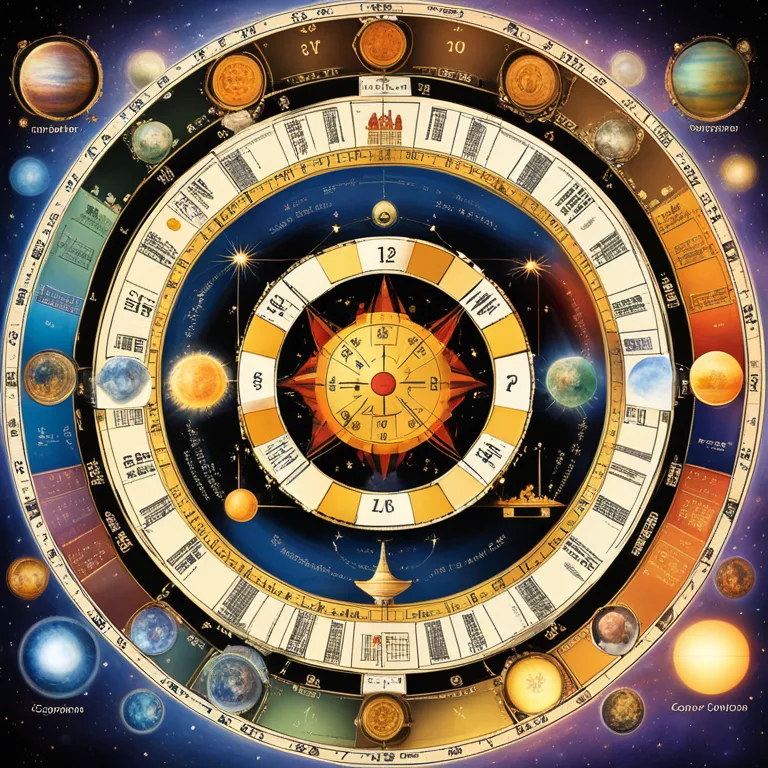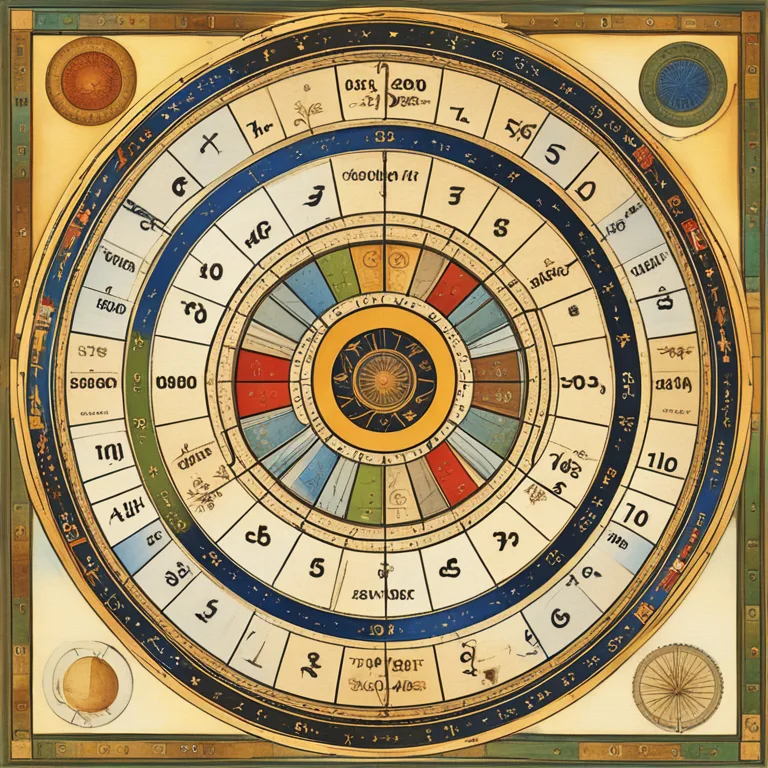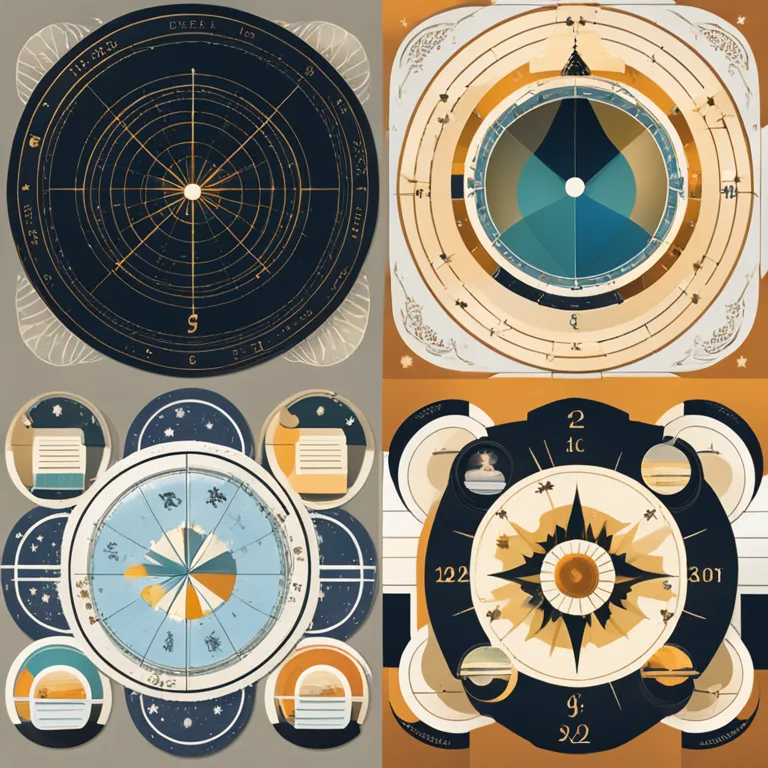
The Essentials of Birth Chart House Systems
Delve into the fundamentals of birth chart house systems, their significance, and how they impact your astrological profile.
article by Priya Deshmukh
What is a Birth Chart House System?
In the realm of astrology, the birth chart house system is a core component that maps the sky at the moment of your birth. A birth chart, also known as a natal chart, depicts the positions of the planets and zodiac signs in a 360-degree wheel, divided into 12 segments known as houses. Each house represents a different area of life, from self-image and resources to relationships and career. The system by which these houses are divided is crucial to accurate astrological interpretation. As we step into 2024 and beyond, understanding the foundations of these house systems becomes ever more relevant for seeking personal insight.

Types of House Systems
There are multiple house systems used in astrology, each with its own method of division. The Placidus system is the most popular, known for its time-based approach, while the Whole Sign system assigns one whole sign to each house, disregarding the exact degree of the Ascendant. Other systems such as Equal House, Koch, Porphyry, and Regiomontanus, offer alternative nuances in interpreting the chart. The choice of house system can significantly alter the placements of planets in the houses, hence affecting the reading. Experts in 2024 continue to debate the merits of each system, reflecting the dynamic nature of astrological practice.

Impact on Astrological Readings
The house system chosen can impact astrological forecasts and interpretations. For instance, a planet may rule the career sector in one system but influence relationships in another. As we look towards future forecasts, it is important to understand how these systems color the advice given. Astrologers in 2024 leverage these nuances to offer more personalized and accurate readings. Understanding the framework you resonate with most can enhance your self-knowledge and the relevance of astrological insight.

Technical Nuances and Precision
Technically, house systems vary in calculation. Some take into account the Earth's axis tilt, while others consider the ecliptic's intersection with the horizon at birth. This level of precision is crucial for astrological practice, especially as we enter a new year with unique cosmic alignments. Accurate birth data (time, date, place) remains imperative to calculate a chart that truly reflects an individual's astrological DNA.

Choosing the Right System
Choosing the right house system can be a personal journey. Some astrologers suggest experimenting with different systems to see which readings feel the most accurate. As astrology continues to evolve, so too may the consensus around house systems. In the digital age, software makes it easier to compare systems, making 2024 and beyond an exciting time for both astrologers and astrology enthusiasts to explore these cosmic blueprints.
House Systems and Forecast Accuracy
Further into the future, astrologers will continue refining forecasts using various house systems. As planetary alignments shift and new patterns emerge, the chosen house system could potentially impact the accuracy of horoscopes and astrological predictions. This emphasizes the importance of continuous study and engagement with astrological tools to maintain relevance and precision in interpretations.
Published: 12/27/2023
Modified: 12/28/2023
More predictions
Come back here soon to learn more about yourself and your future


Your Birth Chart in Astrology: A Cosmic Blueprint
Delve into the stars with our guide to understanding your astrological birth chart—a mirror to your potential and path.


Mastering Your Birth Chart: A Beginner's Guide
Learn the essentials of reading your birth chart wheel to uncover the secrets of your astrological DNA.


Birth Chart: The Paramount in Astrology
Find out which birth chart holds essential insights for personal astrology and why it is considered fundamental in astrological practices.